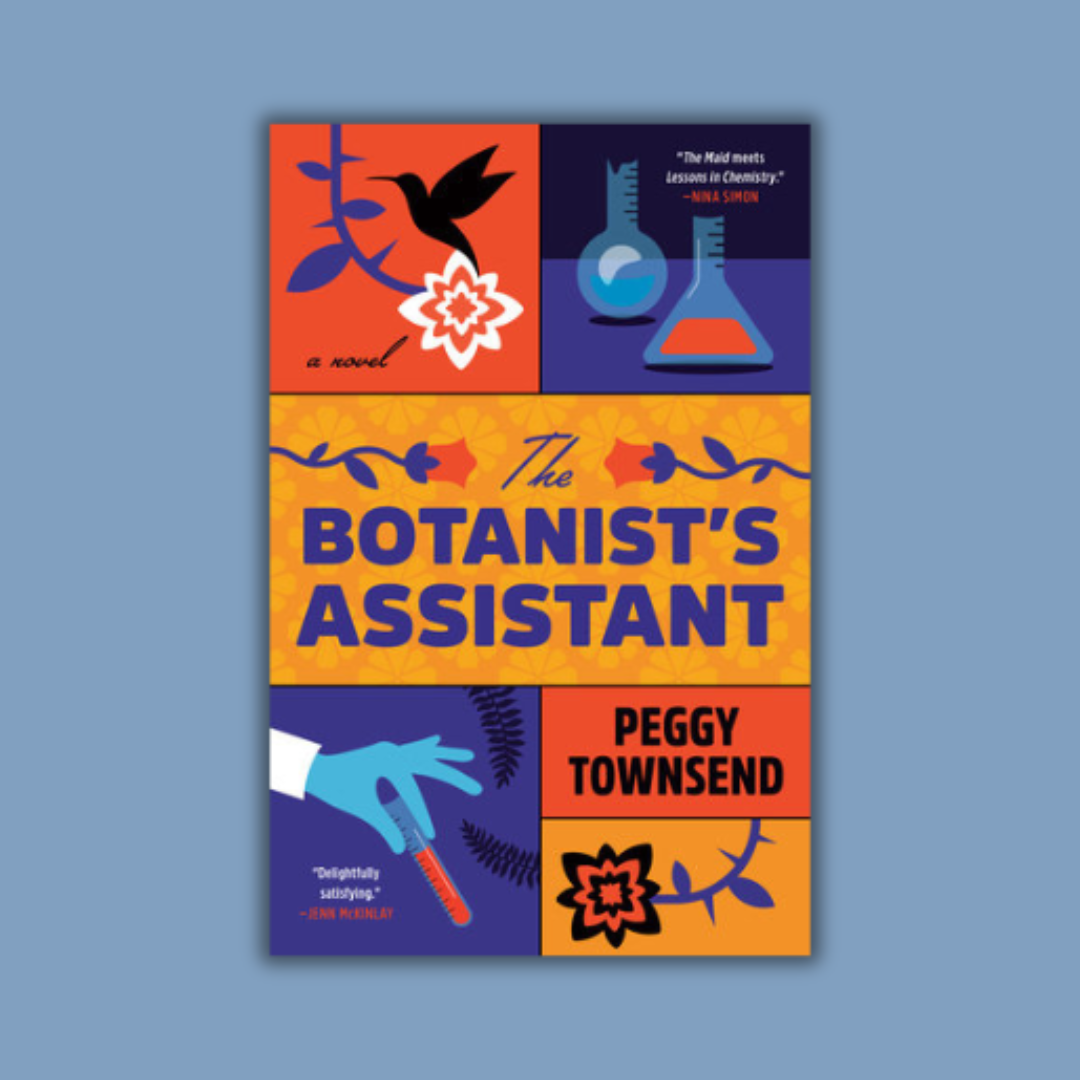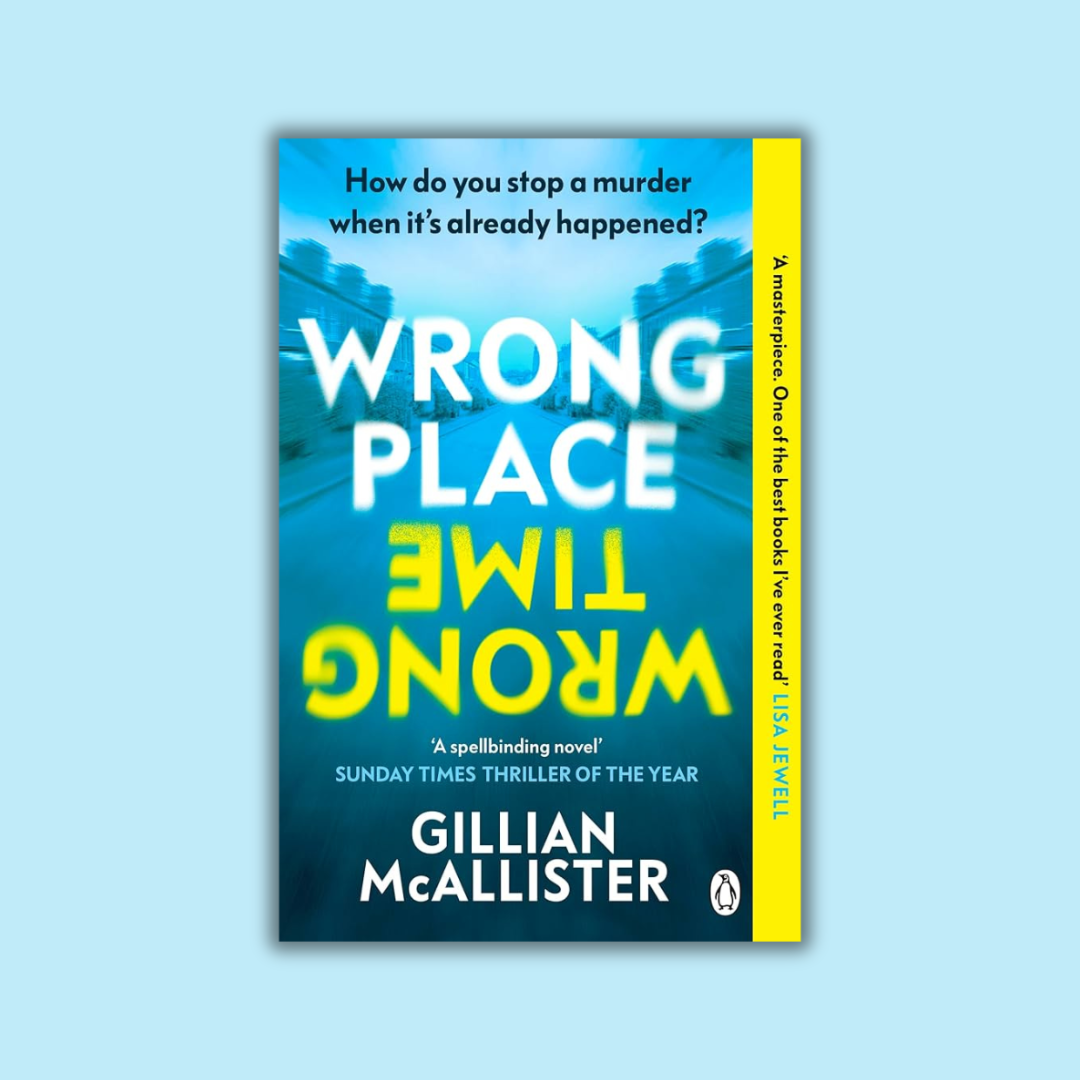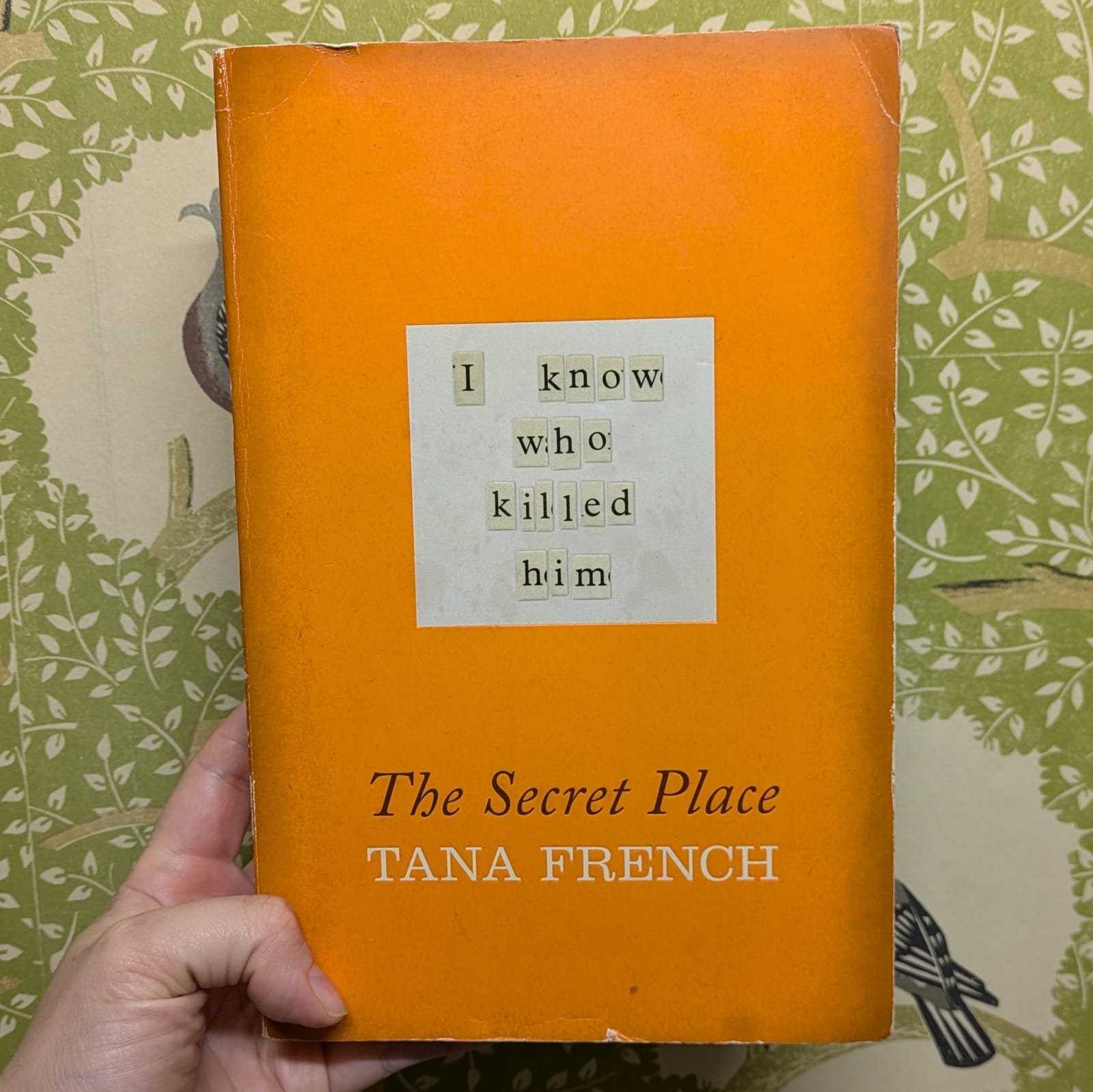Three Contemporary Crime Novels I Have Enjoyed
I do read things from the 2020s as well as the 1920s.
Dear listeners,
It's no secret that I don't read a lot of contemporary crime fiction. My passion has always been for mysteries from a century ago and now that I have 25 episodes of Shedunnit to make a year, there just isn't that much space in my personal reading schedule for anything that wasn't published during the interwar years. I feel fairly guilty about this, though, because I know there are many excellent writers working today who are doing interesting things with the genre and I'm just completely unaware.
And so, every so often, I make a foray into something that was published more recently. I tend to be fairly impatient with books that are too explicitly trying to reproduce the effects of Agatha Christie (as those blurbs love to trumpet) and I don't always get on with the greats of later twentieth century crime writing (I very much enjoyed all of your sympathetic emails in response to my recent dispatch that mentioned my inability to "get" the work of P.D. James, for instance).
These efforts to be a little up to date in my reading are not always unsuccessful, though, and I want to share with you today three (relatively) recently published crime novels that I really enjoyed.

The Botanist's Assistant by Peggy Townsend
I picked this book on a whim from the many, many press releases I get sent by publishers, because there was something about the description of the protagonist — a talented, middle-aged botanist who lives alone in a small cabin in the woods and ends up solving her boss's murder — that spoke to me. I'm very glad I did, because I devoured this book within 24 hours and found it to be very well written and plotted. I did get an advance copy of it, though, and I'm afraid it's not on general release until 18th November. If you are curious, do consider giving the book a pre-order, adding it to your wishlist on your reading-tracking platform of choice, or requesting it at your library (all are good ways of supporting writers you would like to see keep on writing).
Margaret Finch is an oddball and a misfit who lives entirely according to her own habits, drives an ancient truck, and makes her own soap. She likes things just so, in a way that might be interpreted as being neurodiverse-adjacent, but which plays out via character description rather than a diagnosis being part of the plot. Margaret works as a research assistant in a lab where plant extracts are being used to make medical breakthroughs, until one day her boss, a charismatic and well-known scientist, is found dead in his office. Considered a suspect by the police and determined to carry on their research, Margaret teams up with the building's new janitor (a former investigative journalist) to solve the case. Her awkward personality traits, for which she has often been teased or bullied, turn out to be an asset when it comes to tracking down a murderer.
Publishing loves to describe books in the format X + Y = Z, and for this one I think that equation would be Lessons in Chemistry + the Ruth Galloway series = The Botanist's Assistant.

Wrong Place, Wrong Time by Gillian McAllister
This 2022 thriller is in some ways quite a conventional work of domestic noir, set in northern England with the mother of a teenage son as the protagonist. Right at the beginning, events come to a head when her son stabs a man one night outside their house — an act that is completely at odds with her previous knowledge of her child. After an exhausting night at the police station, she wakes up the next morning and finds that it is... the day before the crime. And this keeps happening, with her skipping backwards through time. She decides that this is happening so that she can solve her son's crime before he commits it, and it turns into quite an interesting reflection on cause and effect.
I like how many authors these days seem to be asking the question "but what if I added time travel?" and then running with the answer. The Seven Deaths of Evelyn Hardcastle by Stuart Turton does this with a mashup of historical crime fiction and science fiction, and One Last Stop by Casey McQuiston plays with it for romance. Genre is a construct anyway, so I'm glad we're seeing more mainstream experimentation around it.

The Secret Place by Tana French
This is the book that the Shedunnit Book Club read last November, for the one month a year where we read a work of contemporary (as opposed to classic or golden age) crime fiction. Members can listen to a two part podcast episode about this book now, if they haven't already heard it. This is an Irish crime novel from 2015 about a group of teenage girls at an upscale Dublin boarding school and how they fare after a lad from the corresponding boys' school is found dead in their grounds.
The overlapping chronologies, the highly specific noughties fashion and slang, the hint of the unexplained, the clique-y friendships... It feels wrong to say that a book with some dark elements was a "joy" to read, but it was. To my mind, this is Miss Pym Disposes for the twenty-first century. Given that I have had Tana on Shedunnit to talk about how much she loves Josephine Tey, that comparison feels especially apt. This was a divisive read among book club members, many of whom did not enjoy this book's deviation from strict crime fiction conventions. That was what I liked best about it, though, and I'm certainly planning to read more Tana French next time I have the time and appetite for a book from the 2020s rather than the 1920s.
I hope that gives you a little insight into my reading taste beyond the chronological boundaries of Shedunnit. If you would like more regular updates on everything I read, that is available via my personal newsletter. You can also follow me on the Storygraph if that's your sort of thing.
Until next time,
Caroline
You can listen to every episode of Shedunnit at shedunnitshow.com or on all major podcast apps. Selected episodes are available on BBC Sounds. There are also transcripts of all episodes on the website. The podcast is now newsletter-only — we're not updating social media — so if you'd like to spread the word about the show consider forwarding this email to a mystery-loving friend with the addition of a personal recommendation. Links to Blackwell’s are affiliate links, meaning that the podcast receives a small commission when you purchase a book there (the price remains the same for you).
